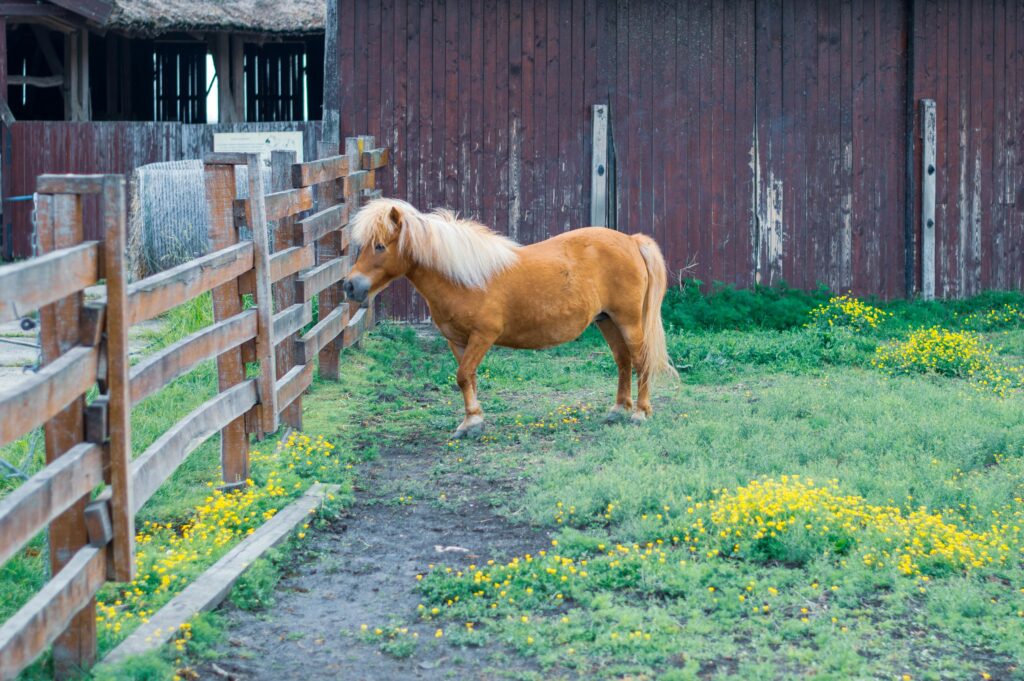The Farm Zone Grooming: A Guide to Farm Animal Care
Introduction
The Farm Zone Grooming,Farm animals are more than just livestock; they are a vital part of life on a farm. Proper grooming is essential to keeping these animals healthy and happy. The process of grooming helps prevent diseases, improves their comfort, and enhances their overall well-being. In this article, we’ll explore the importance of grooming in the farm zone, the basics of grooming different animals, and tips for maintaining good grooming practices.
Why Grooming Farm Animals is Important
Grooming farm animals is crucial for several reasons. It not only helps in maintaining their appearance but also plays a key role in their health. Here’s why grooming is essential:The Farm Zone Grooming:
Health Benefits
Regular grooming helps in spotting health issues early. For example, while brushing, you may find lumps, cuts, or signs of infections that need attention. Grooming also helps in preventing skin diseases and parasites, such as lice and mites, which can thrive in unkempt fur or feathers.
Read More:MPG Analysis: 2024 Prius PHEV vs. Kia EV6
Comfort and Well-being
Animals that are groomed regularly feel more comfortable. Clean and well-maintained fur or feathers help regulate body temperature and reduce discomfort. Grooming also helps to remove dirt and debris that can cause irritation.The Farm Zone Grooming.
Bonding and Trust
Grooming provides an opportunity to build trust between you and your animals. Regular handling and attention can strengthen the bond you have with them. Animals that are used to being groomed are generally easier to manage and more cooperative.
Basic Grooming Practices for Different Farm Animals
Different farm animals require different grooming practices.The Farm Zone Grooming. Let’s look at some basic grooming routines for common farm animals.
Grooming Cows
1. Brushing: Use a curry comb or a soft brush to remove loose hair and dirt from the cow’s coat. This helps to keep their skin clean and stimulates blood flow.
2. Hoof Care: Regularly check and clean the hooves to prevent issues like cracks or infections. Trimming the hooves every few weeks is essential for preventing lameness.
3. Udder Care: For dairy cows, keep the udder clean and check for any signs of infection, such as swelling or redness. Proper udder hygiene is crucial for milk quality and the cow’s comfort.The Farm Zone Grooming.
Grooming Horses
1. Brushing: Start with a curry comb to remove dirt and loose hair, then use a soft brush to smooth the coat. Regular brushing helps to keep the horse’s coat shiny and healthy.
2. Hoof Care: Clean the hooves daily to remove debris and check for any signs of injury or infection. Regular hoof trimming is also necessary to maintain proper hoof health.
3. Mane and Tail Care: Comb the mane and tail to remove tangles and prevent knots. Use a conditioner if necessary to keep the hair soft and manageable.The Farm Zone Grooming.
Grooming Sheep
1. Shearing: Depending on the breed, sheep may need to be sheared once or twice a year. Regular shearing helps to prevent overheating and keeps the fleece in good condition.
2. Brushing: Brush the sheep’s fleece to remove dirt and debris. This also helps to prevent matting and keeps the wool soft.
3. Hoof Care: Check and trim the hooves regularly to prevent overgrowth and related issues. Keeping hooves in good condition is crucial for the sheep’s mobility.The Farm Zone Grooming.
Grooming Pigs
1. Bathing: Pigs often enjoy wallowing in mud, which can lead to dirty skin. Give them occasional baths with a pig-friendly shampoo to keep their skin clean.
2. Brushing: Use a brush to remove dirt and loose skin. Pigs have sensitive skin, so choose a brush that is gentle.
3. Hoof Care: Check the hooves regularly for any signs of overgrowth or infection. Trim them if necessary to prevent discomfort.
Tools and Supplies for Grooming
Having the right tools makes grooming easier and more effective. Here are some essential grooming supplies:
Brushes and Combs
- Curry Combs: These are used to loosen dirt and hair from the coat.
- Soft Brushes: These help to smooth the coat and remove finer debris.
- Hoes: Used for cleaning hooves and checking for any issues.The Farm Zone Grooming.
Clippers and Trimmers
- Clippers: For trimming the coat or shearing wool. Choose clippers that are suitable for the type of animal you are grooming.
- Trimmers: Useful for detailed work, such as around the hooves or face.
Cleaning Supplies
- Shampoo: For bathing animals, especially pigs. Ensure it’s suitable for the animal’s skin.
- Hoof Cleaner: A product specifically designed to clean and maintain hooves.
Tips for Effective Grooming
Grooming can be a pleasant and productive experience if done correctly. Here are some tips to make the process smoother:
Develop a Routine
Establish a regular grooming schedule for each animal. Consistency helps the animals get used to the process and ensures that their grooming needs are met regularly.
Be Patient and Gentle
Approach grooming with patience and gentleness. Animals can become stressed if they sense that you are rushed or rough. Take your time to make the experience positive for them.
Monitor Health
While grooming, keep an eye out for any changes in the animal’s health. Look for signs of injury, illness, or discomfort and address them promptly.
Clean Your Tools
Regularly clean and disinfect your grooming tools to prevent the spread of diseases. Dirty tools can transfer bacteria and parasites between animals.
Educate Yourself
Stay informed about the specific grooming needs of each animal breed. Different breeds may have unique requirements or sensitivities, so understanding these can improve your grooming practices.
Conclusion
Grooming is an essential aspect of caring for farm animals. It not only helps in maintaining their appearance but also contributes to their health, comfort, and well-being. By following the basic grooming practices for each type of farm animal, using the right tools, and implementing effective grooming routines, you can ensure that your animals remain happy and healthy. Proper grooming also strengthens the bond between you and your animals, making farm life more enjoyable for everyone involved.



